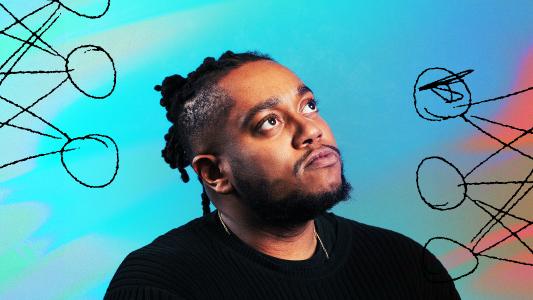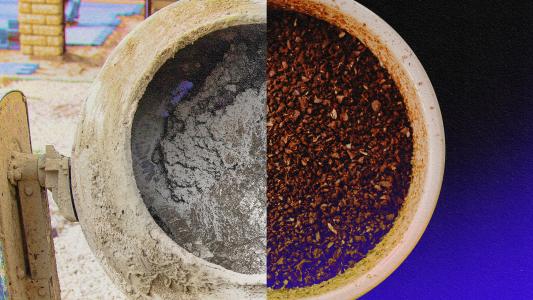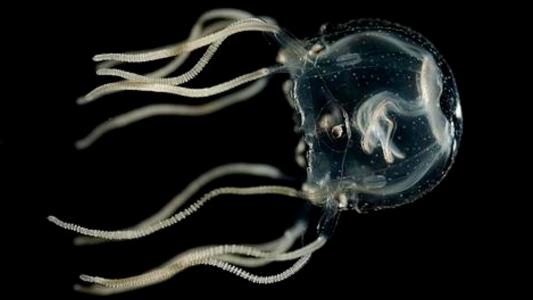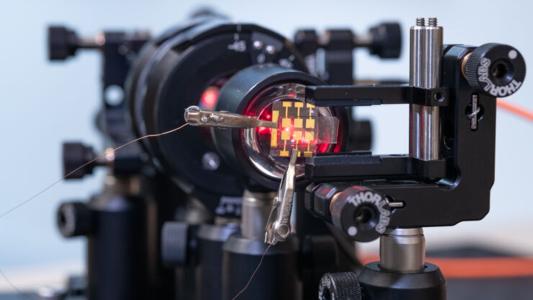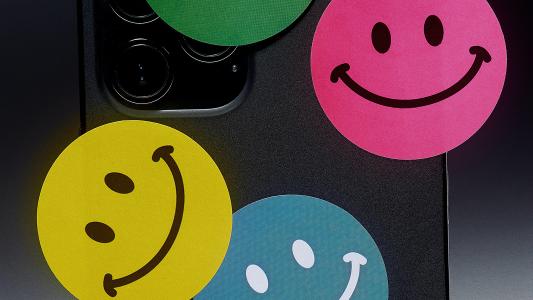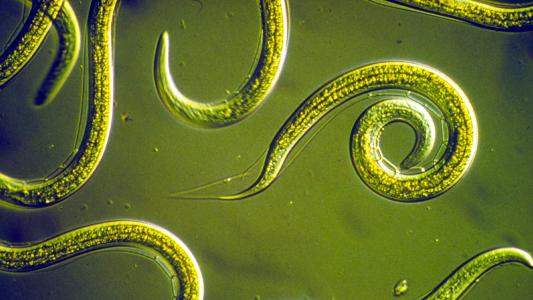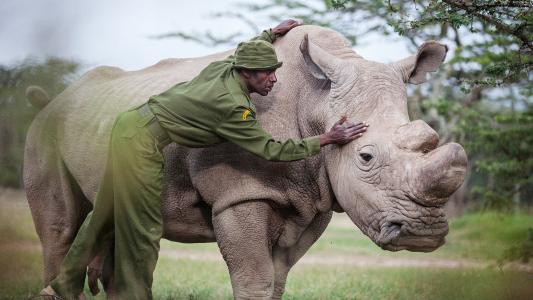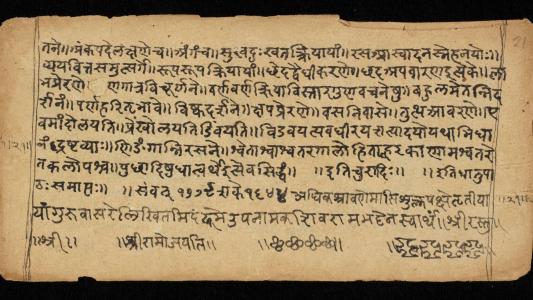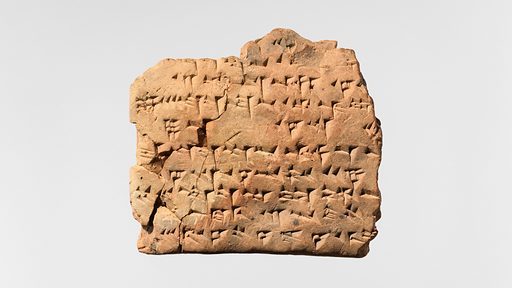More Stories
Is human uncertainty the key to improving AI?
AI systems assume humans are always certain. Teaching them to anticipate and understand uncertainty may help them reduce human error.
Researchers brew a stronger concrete using — coffee?
Researchers and engineers from RMIT University made concrete 30% stronger in the lab by incorporating aggregates made from coffee grounds.
Jellyfish surprise scientists by learning without a brain
Researchers demonstrate that Caribbean box jellyfish don't just float around aimlessly. They learn and adapt to their environment.
New experiment brings us closer to unbreakable quantum encryption
Researchers at Linkӧping University have built a quantum random number generator to be easier to integrate into consumer electronics.
An ancient technique can improve your attention span
According to neuroscientist Amishi Jha, 12 minutes of mindfulness training a day strengthens your attentional systems.
Nematodes survive 46,000 years on ice
A pair of nematodes from the Pleistocene survived in the Siberian permafrost by entering a survival state known as cryptobiosis.
Northern white rhinos are set for extinction. Only a technological moonshot can save them.
Project BioRescue aims to create the reproductive technology necessary to resurrect the northern white rhino. But time is running out.
PhD student solves a mysterious ancient Sanskrit text algorithm after 2,500 years
For centuries, a grammatical problem surrounding a meta-rule in Pāṇini's Aṣṭādhyāyī has risked readers misinterpreting the text.
AI will soon tell doctors how to predict your future health
A new AI can can analyze X-rays for a important predictor of heart disease with a high degree of accuracy.
New AI translates 5,000-year-old cuneiform tablets instantly
Translating an ancient language is a time-intensive process, and only a few hundred experts are qualified to perform it. Could AI do the job?
